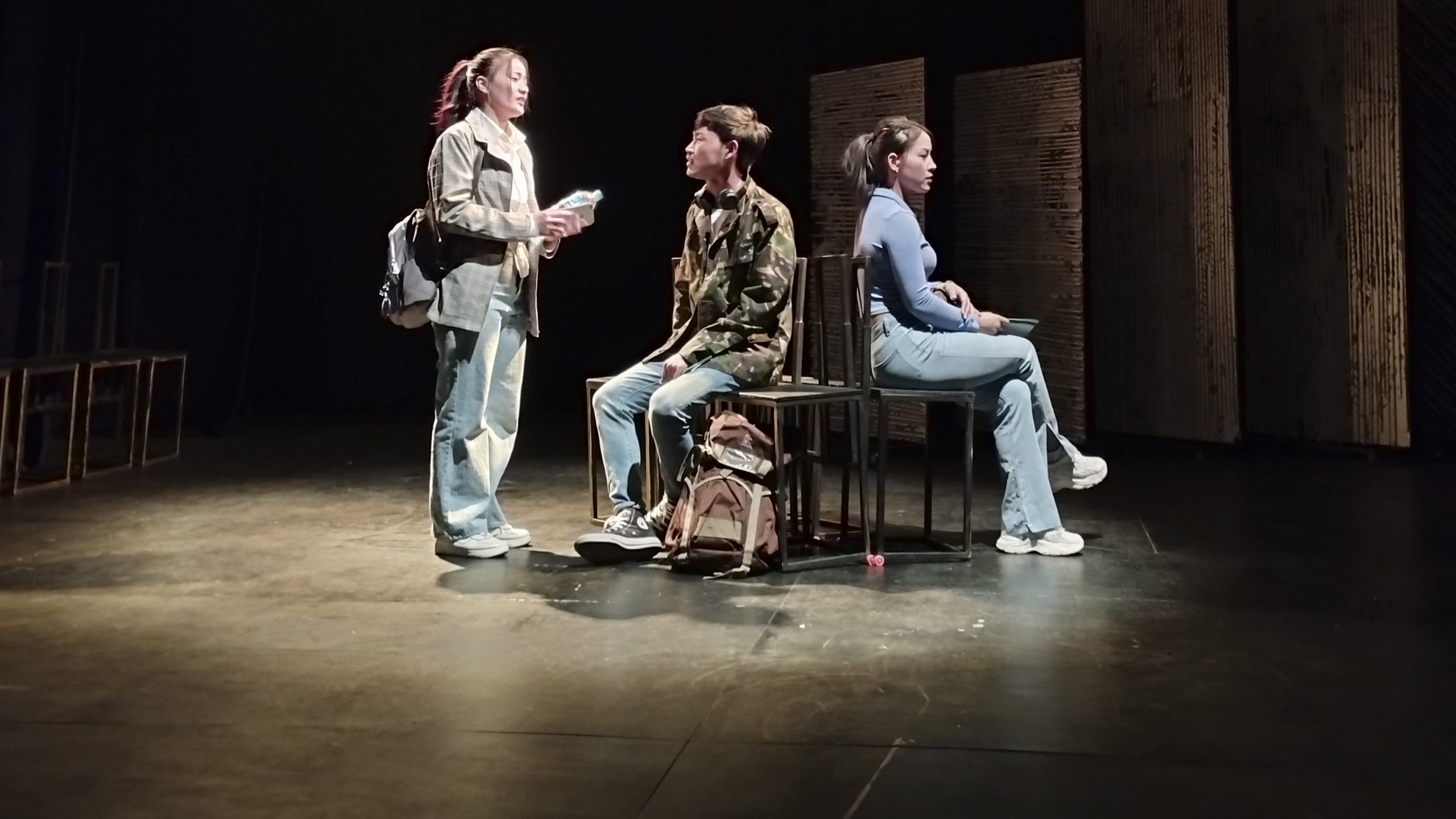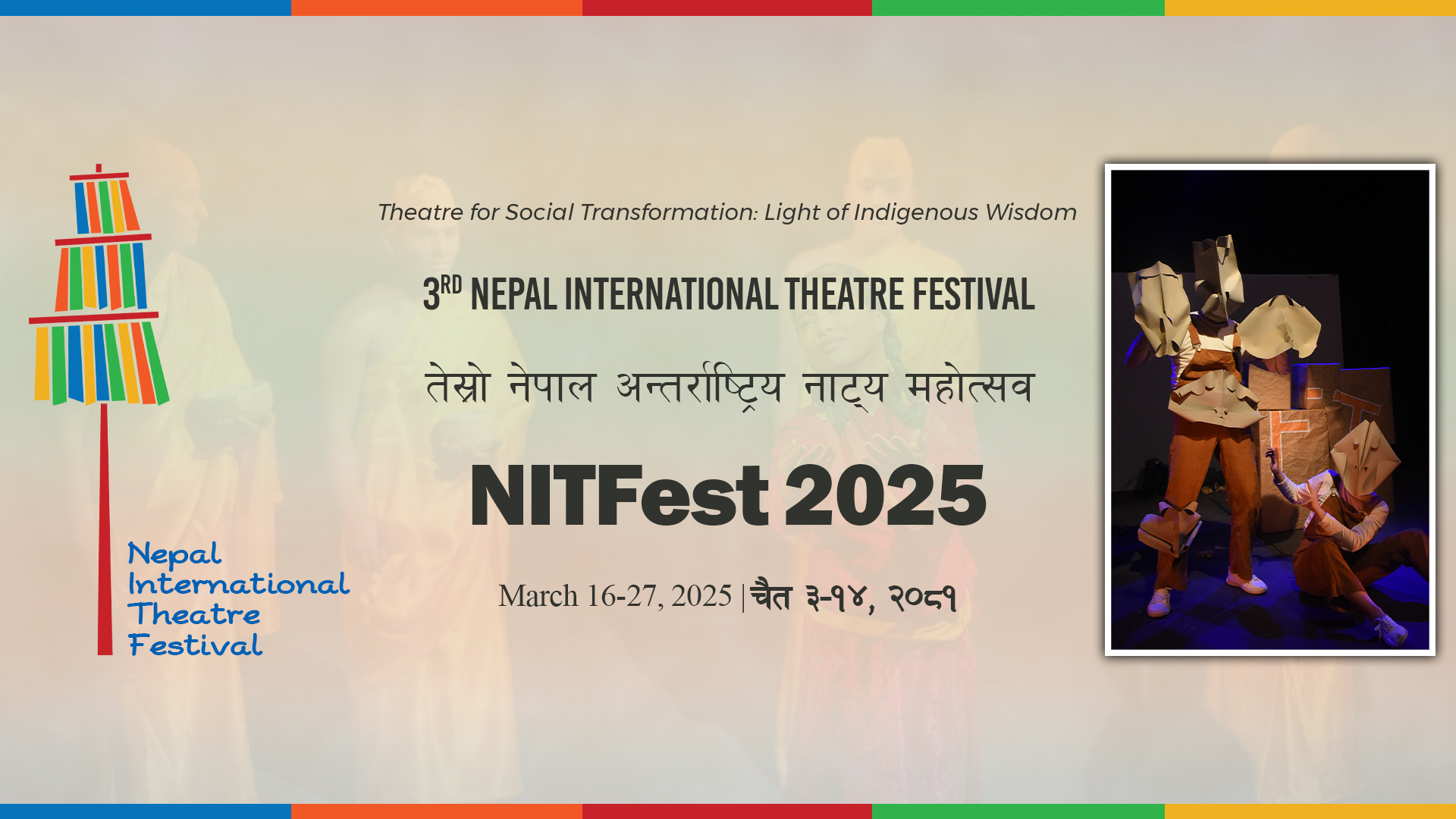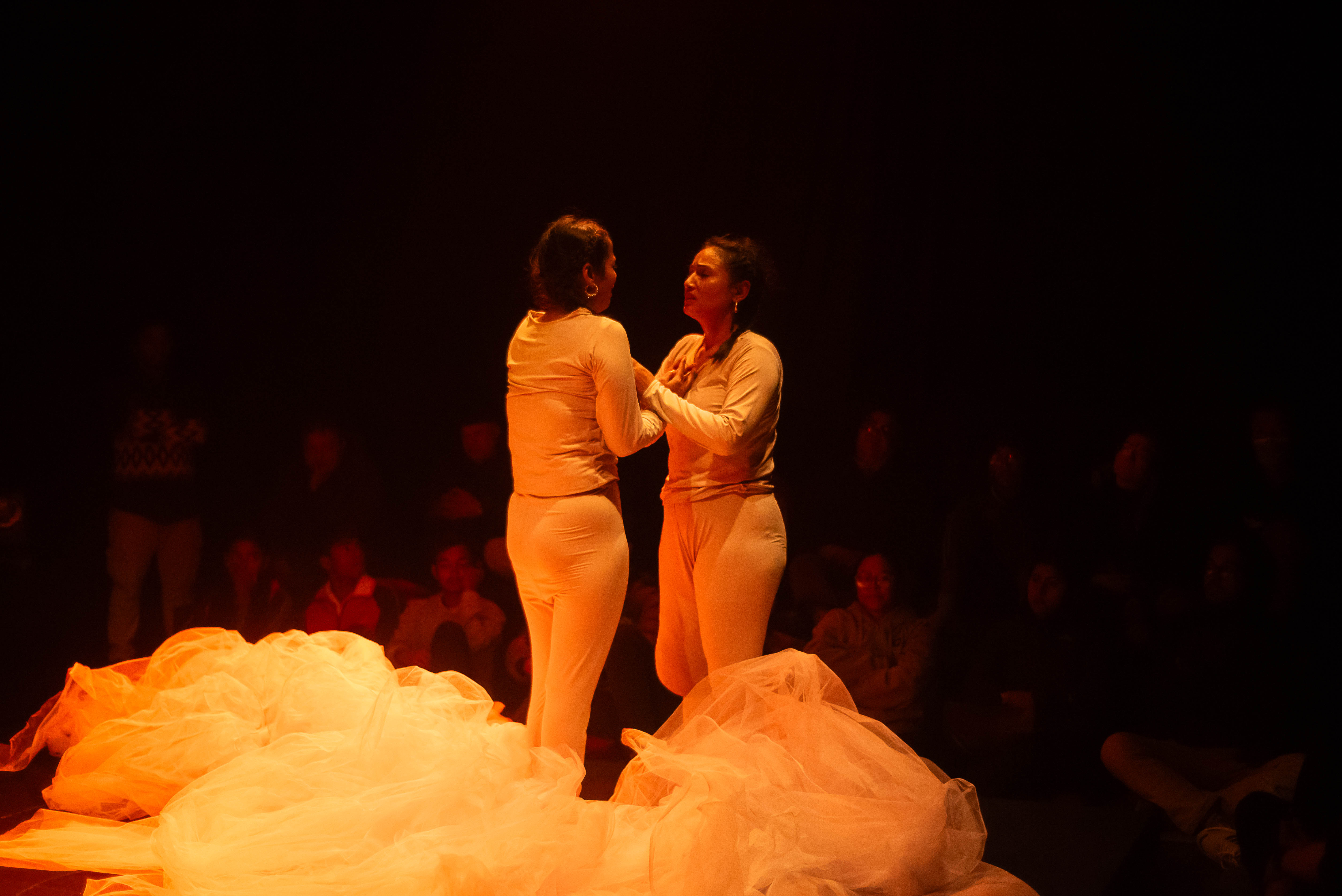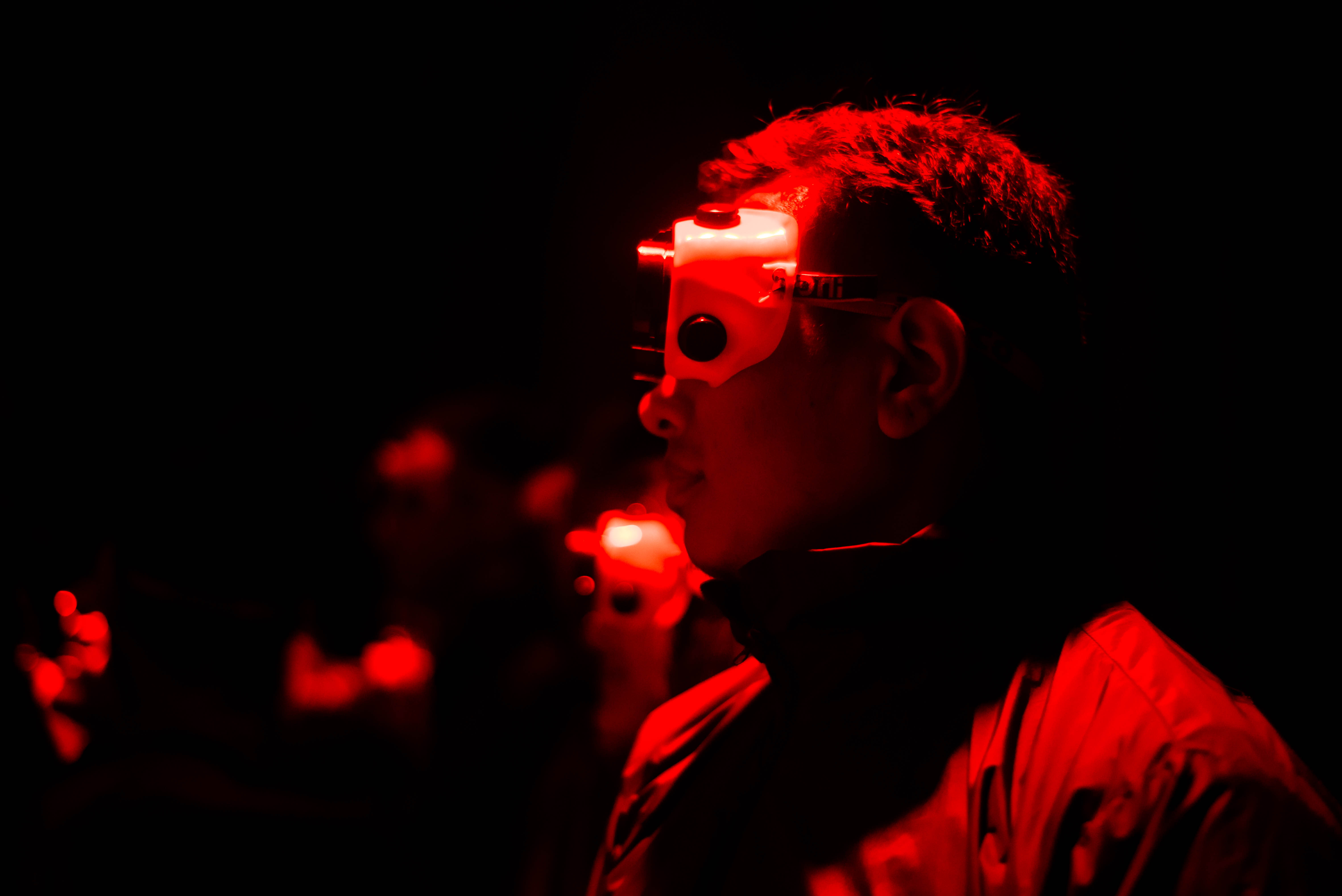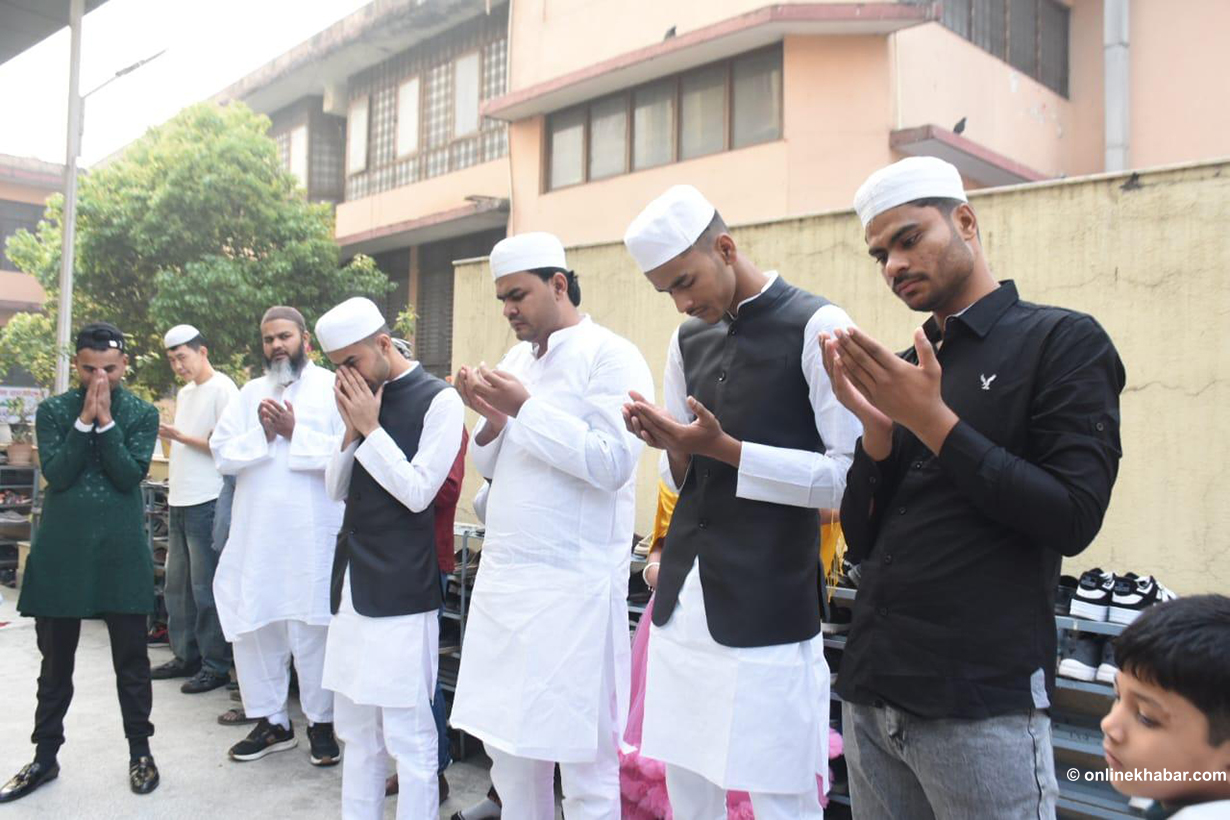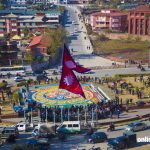They say literature is a mirror of society, and this is true in most cases. Go watch Teen Transit, a play being stated at the Mandala Theatre in Kathmandu, if you still have doubts about it.
Nepal has witnessed a lot of political movements, and people from diverse backgrounds have participated in them. While being a part of such movements, some of them even lost their lives, and some of them sustained injuries for their entire life. Young people have remarkably participated in each of those movements for the sake of bringing change to the nation. But, are those people satisfied with the changes?
This is one of the biggest questions in today’s political context of Nepal as each day thousands of youth from Nepal are leaving for foreign employment. Many of them are frustrated with the country’s socio-political system. They are deprived of opportunities despite being deserving ones. The political change that was supposed to bring contentment to all the youth has turned futile for many.
The play Teen Transit portrays the story of thousands of Nepali youth that were and are compelled to leave the country due to the ill political system. This student production of the theatre company is no more relevant than in the run-up to the round of elections now.
The other side of student politics

Teen Transit directed by Somnath Khanal has a bizarre start. It is difficult to figure out what is happening. Under a red light, a group of actors, wearing white shirts, is showing strange movements in poignant music being played in the background.
As the movements stop, a journalist (Shasmil Pun Magar) wearing a press jacket with a camera comes onto the centre stage and tells what the play is about. He is a political reporter and has experience travelling to various other countries. In Teen Transit, he portrays the conversation that took place in three different international transit areas among Nepali youth.
One of these parts shows the agony of student leaders. It shows how the student leaders who devoted a long time to the political parties are propelled to leave the country and go for foreign employment.
Currently, there are a number of youth working on foreign soil who once used to be the cadre of political parties here. Despite serving the political parties for a long period, they get deprived of opportunities. All those student leaders can relate to Teen Transit.
It is often believed that the student leaders get the place wherever they want as they have a political backup, but things are different from what you believed. Apparently, not all student leaders can attain a powerful position and make their future bright; many of them suffer from the wrong practices that exist among political leaders.
On the other hand, Teen Transit also exposes the wrongdoings of the student leaders on the campuses. Whenever a scholarship is announced in government-run academic institutions, the student leaders actively interfere with it. They manage to provide the scholarship only to those who are close to their political parties. If you have ever been to a government academic institution, you can relate to this very well.
The American dream
The second transit features the youth who are heading towards the US. One of the couples is having an argument here. Rekha (Rekha Limbu) wants to return to Nepal and do social work. But, his husband is against her choice. He does not see any opportunities and a future in Nepal. He blames Nepal’s political leaders for it.
There are many people like Rekha’s husband who went to study abroad with a promise to return homeland after completing their education but get demotivated to do so due to the existing political system. They believe Nepal will not give them appropriate opportunities. Not only the common people, but even the established figures of Nepal like to settle there permanently.

Teen Transit entirely has a couple of scenes that are without dialogues, similar to its opening scene. But if you look at those scenes with depth, they also tell the story. Those actions and music in the background depict the feelings that occurred in transit, with a person leaving the country.
Making everything contextual
While the first and second transits are pessimistic, the third transit ends on an optimistic note. Some of the characters from earlier transit are now returning to Nepal. One of them wants to invest in politics and political leaders and make all the road contracts on his side, which is not a strong vision at all. The remaining others have really beautiful plans and visions to make the country a better place to live. They want to build an information centre in the country so that everybody can correct political information. They want to make Nepal corruption-free and end all kinds of violence and wrongdoings. And also aims to build a proper political road map of the country.
The last transit also shows that not everyone returns safely from foreign soil. A character whose right hand is amputated represents this fact.
Similarly, targeting the upcoming local elections, the makers have made Teen Transit very contextual. It clearly makes you aware of the importance of voting and the negative side of skipping voting.
Even if you are or are not voting this time, you must watch this play. The recently graduated actors have done marvellous jobs. Kudos to the entire team for staging such meaningful and relevant acting.
Hurry up. Teen Transit will run through April 17 at 5:00 pm every day in Mandala Theatre, Thapagaun. There will be an additional show on Saturday at 1:00 pm.



